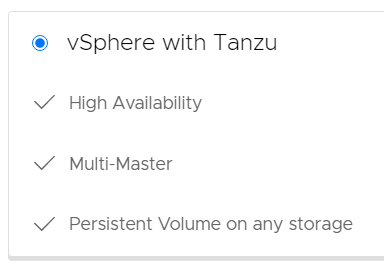Power over Ethernet HAT Options for ESXi-Arm on Raspberry Pi
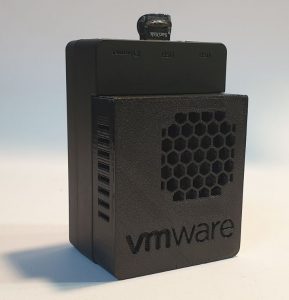
Power over Ethernet is a nifty solution to run your Raspberry Pi without an additional power supply. You can fully run ESXi-Arm on a Raspberry Pi with a single RJ45 network cable.
If you want to build a cluster of Pies or just want to have a clean setup, get a PoE HAT. This article explains the options that you have to add PoE support for your Raspberry Pi for the following use cases:
- Standalone ESXi with 2.5" or M.2 SSD
- ESXi Cluster using iSCSI Storage
- vSAN Witness
Read More »Power over Ethernet HAT Options for ESXi-Arm on Raspberry Pi
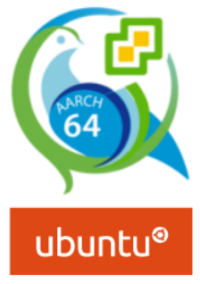 VMware Tools is a set of utilities and drivers that improve the performance and management of your Virtual Machines. They are essential when running VMs on ESXi. With the recently released ESXi Arm Edition Fling, you want to make sure that you have them installed.
VMware Tools is a set of utilities and drivers that improve the performance and management of your Virtual Machines. They are essential when running VMs on ESXi. With the recently released ESXi Arm Edition Fling, you want to make sure that you have them installed.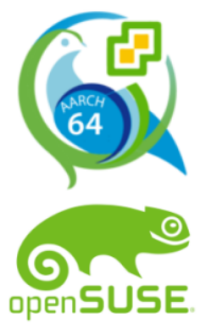 VMware Tools is a set of utilities and drivers that improve the performance and management of your Virtual Machines. They are essential when running VMs on ESXi. With the recently released ESXi Arm Edition Fling, you want to make sure that you have them installed.
VMware Tools is a set of utilities and drivers that improve the performance and management of your Virtual Machines. They are essential when running VMs on ESXi. With the recently released ESXi Arm Edition Fling, you want to make sure that you have them installed.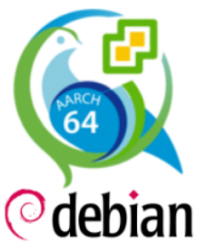
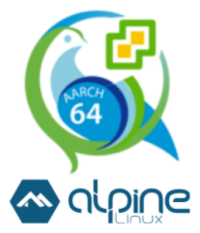
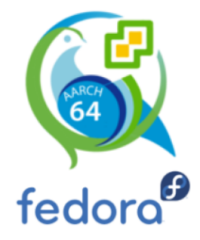
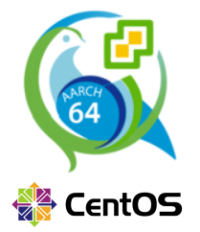
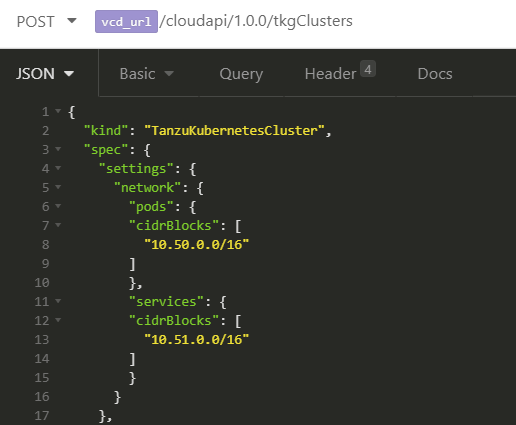 A major problem when deploying "vSphere with Tanzu" Clusters in VMware Cloud Director 10.2 is that the defaults for TKG Clusters are overlapping with the defaults for the Supervisor Cluster configured in vCenter Server during the Workload Management enablement.
A major problem when deploying "vSphere with Tanzu" Clusters in VMware Cloud Director 10.2 is that the defaults for TKG Clusters are overlapping with the defaults for the Supervisor Cluster configured in vCenter Server during the Workload Management enablement.